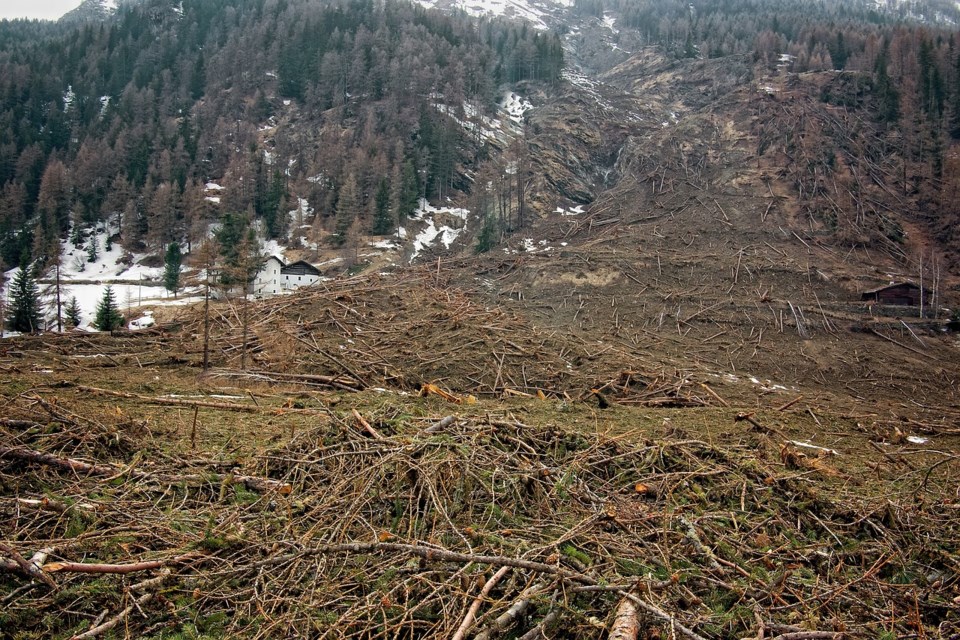In April, I joined a Canadian delegation in Brussels to discuss a single, critical issue with EU policymakers—the newly minted EU Regulation on Deforestation-free Products (EUDR) and the looming implications it may bring to bear on the future of sustainable Canadian forestry and Indigenous-led forest management, self-determination and economic prosperity.
The EUDR was first introduced in June of last year. It is an ambitious policy intended to combat global deforestation by ensuring commodities entering the EU market—such as wood and paper—do not originate from jurisdictions that enable deforestation or contribute to forest degradation.
And while the EU’s intent to halt global deforestation is commendable, the current policy framework risks setting a dangerous precedent by introducing a euro-centric definition of ‘forest degradation’ that may undermine responsible forestry practices and encroach on Indigenous-owned and co-managed forest operations across Canada.
The EUDR would disqualify any primary forests that are harvested and replanted. For example, the practice of harvesting primary Amazon forests and replanting them with non-native eucalyptus trees is one of the intended targets of the EUDR policy. This absolutely makes sense as these actions will have negative biodiversity impacts.
The unintended consequences will disqualify Canadian forest products that come from primary harvested lands that are replanted with the same, native species trees that were there. To put this in perspective, a country like Russia, if let back into the EU trade regime, would be permitted access to the markets after they harvest their forests and do not replant those lands. This simply makes no sense. To add to the frustration of hypocrisy, EU countries have harvested and re-planted their forests multiple times over, while in Canada, many forested regions are still going through their first rotation of forests.
Indigenous Peoples hold generations of knowledge of the land and forests, offering a deep understanding of how the forest evolves, and how forests can be stewarded and managed in a way that is both environmentally and economically sustainable, including renewing forests with cultural burning practices. Indigenous-owned forestry companies and sawmills are becoming more common place, offering positive and collaborative pathways to implementing self-determination and the principles of the United Nations Declaration on the Rights of Indigenous Peoples (UNDRIP).
Sitting across the table from EU policymakers, I asked the simple question of how they were going to reconcile the stark contrast of respecting and upholding the principles of UNDRIP—which they’ve recognized and signed—and the EUDR. There are a number of articles (such as 3, 5, 20, 21, 23, 26 and 32) that contain language on the rights of Indigenous people to determined and develop use of their lands and territories and other resources for socio-economic pursuits.
If the EUDR policy comes into full force as written, our Indigenous communities that have made tremendous strides in forestry across the country will lose access to the EU market, as well as to players in the U.S. market that use Canadian forest product inputs to manufacture goods destined for Europe.
The EU policymakers had no answer.
Our delegation’s message to our EU counterparts was clear and unequivocal. Postpone the EUDR’s formal implementation and refine its definitions to truly reflect sustainable forest management practices that support forest resilience and respect for Indigenous rights and self-determination.
The EU’s goal to combat deforestation globally should not overlook the nuanced practices that have long been part of Canada’s forestry success.
Postponing the EUDR’s formal implementation is necessary to allow for a thorough reassessment of definitions, criteria and provisions to acknowledge the unique contexts of partner countries like Canada.
The EUDR should be a tool that unites us in our common goal of stewarding forests, rather than one that divides us by overlooking the complexities of nuanced forestry practices.
As we look forward to continuing discussions with the EU, we remain hopeful that these talks will lead to adjustments in the EUDR that respect and promote the principles of sustainable development and Indigenous reconciliation.
This is another example of the importance of Indigenous empowerment domestically and the positive influence we can have internationally when afforded a seat at the table.
JP Gladu is the founder and principal of Mokwateh.



